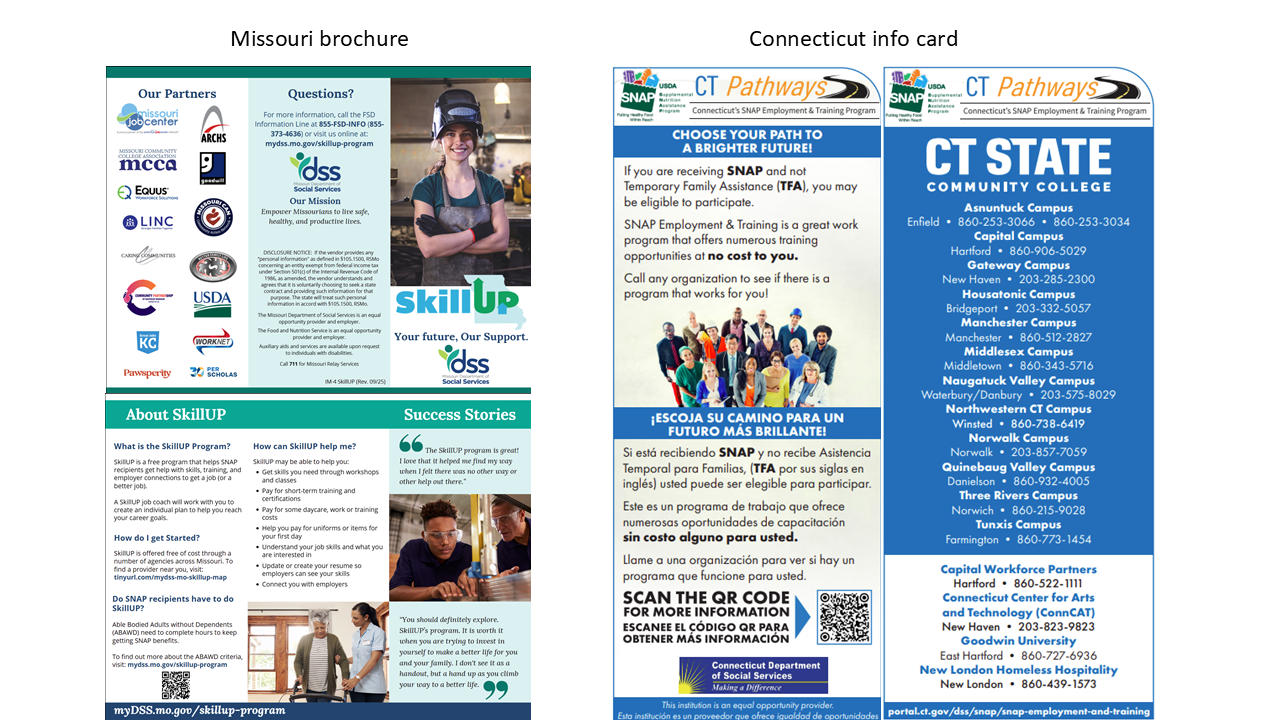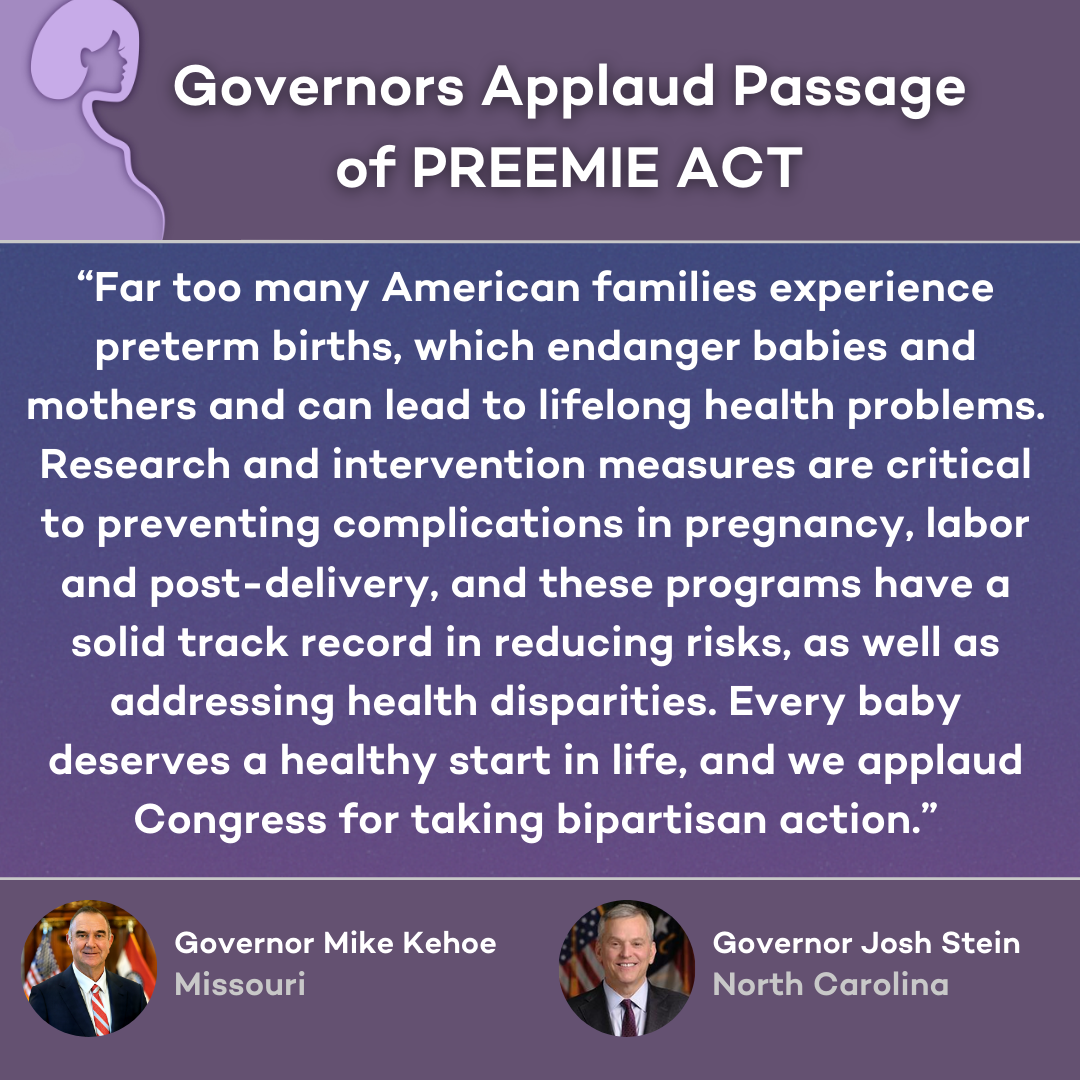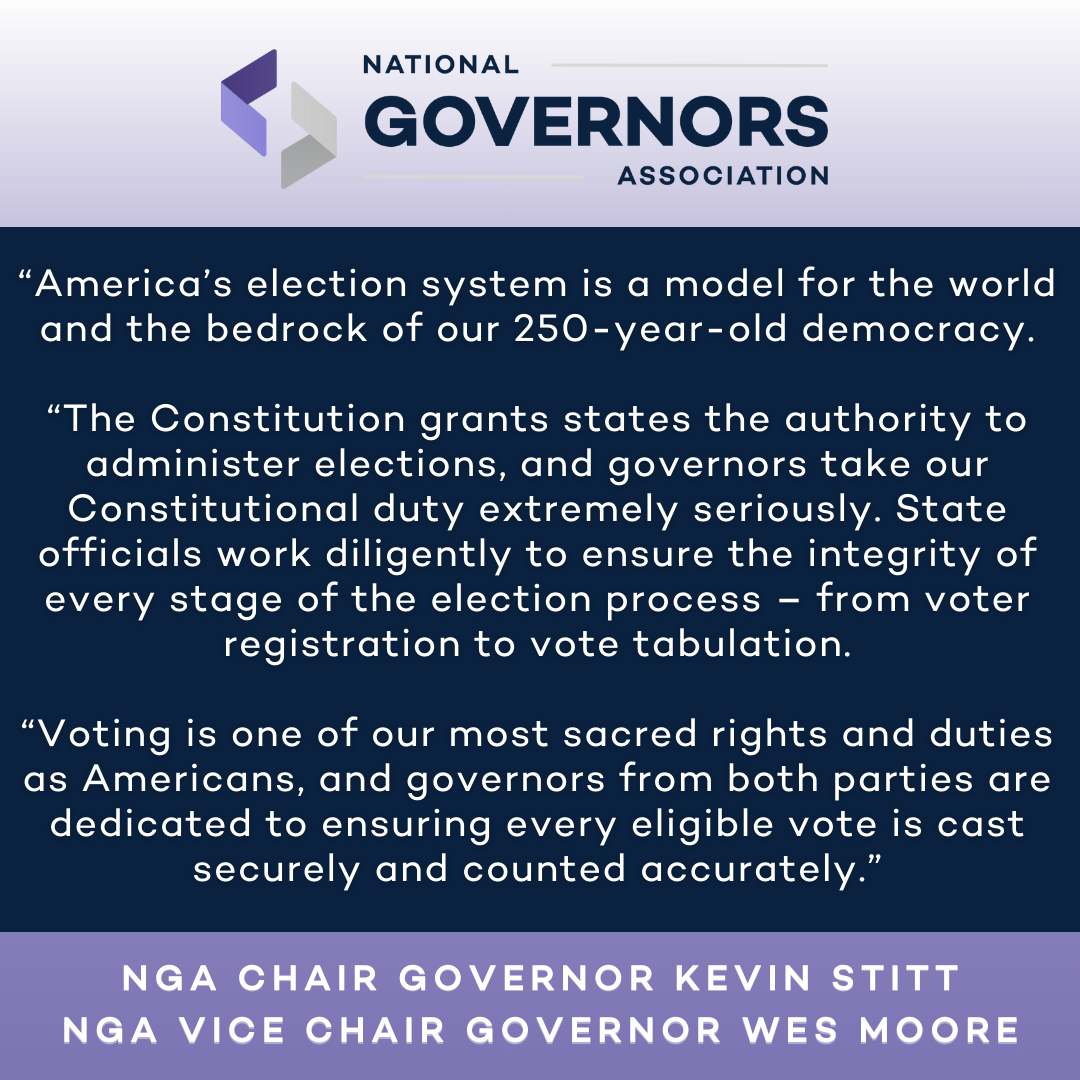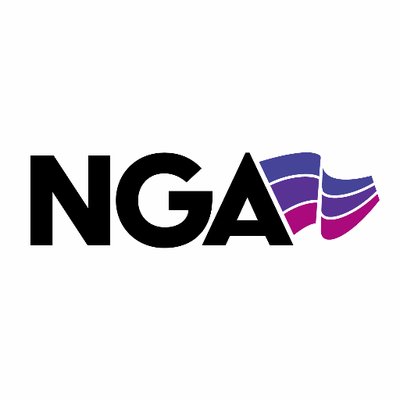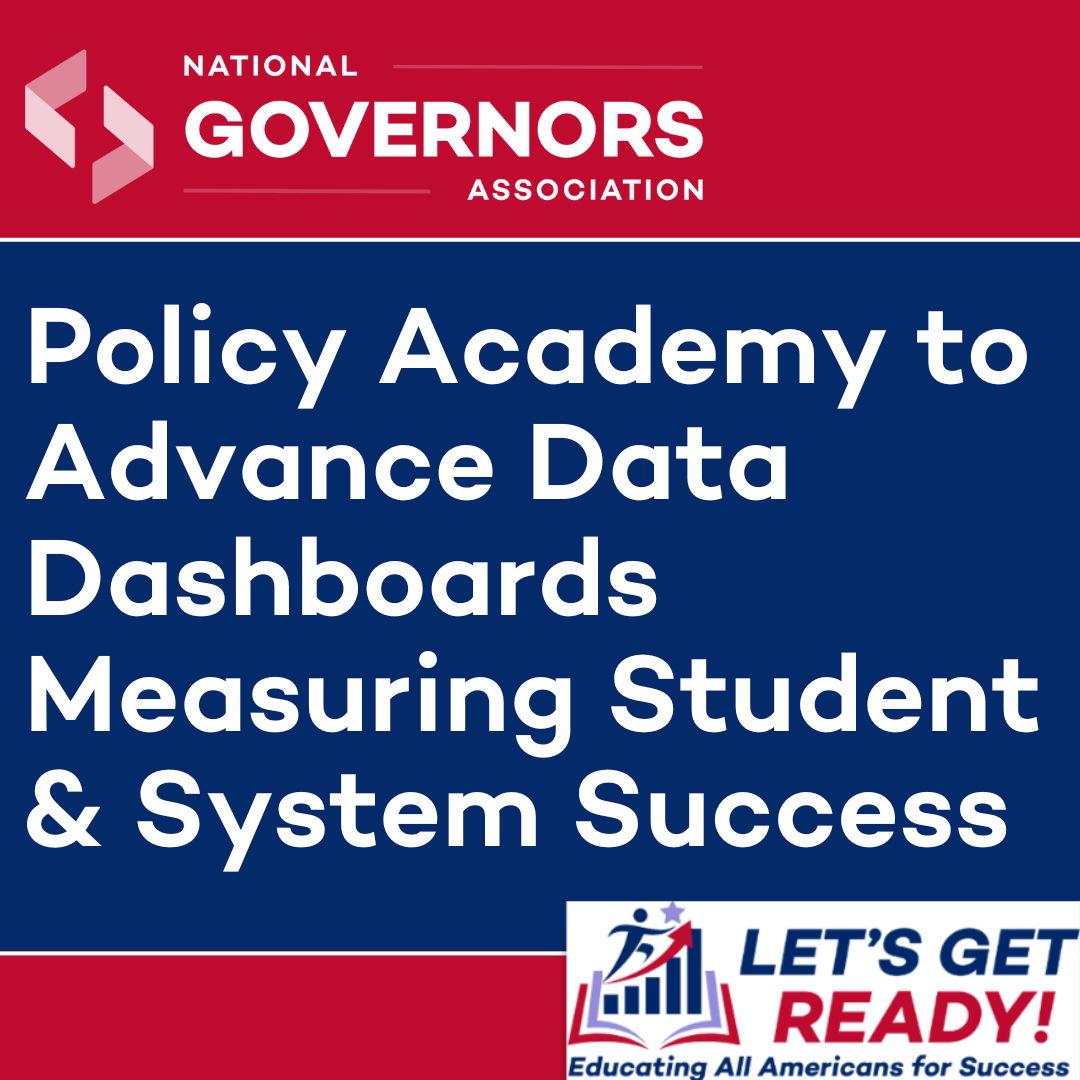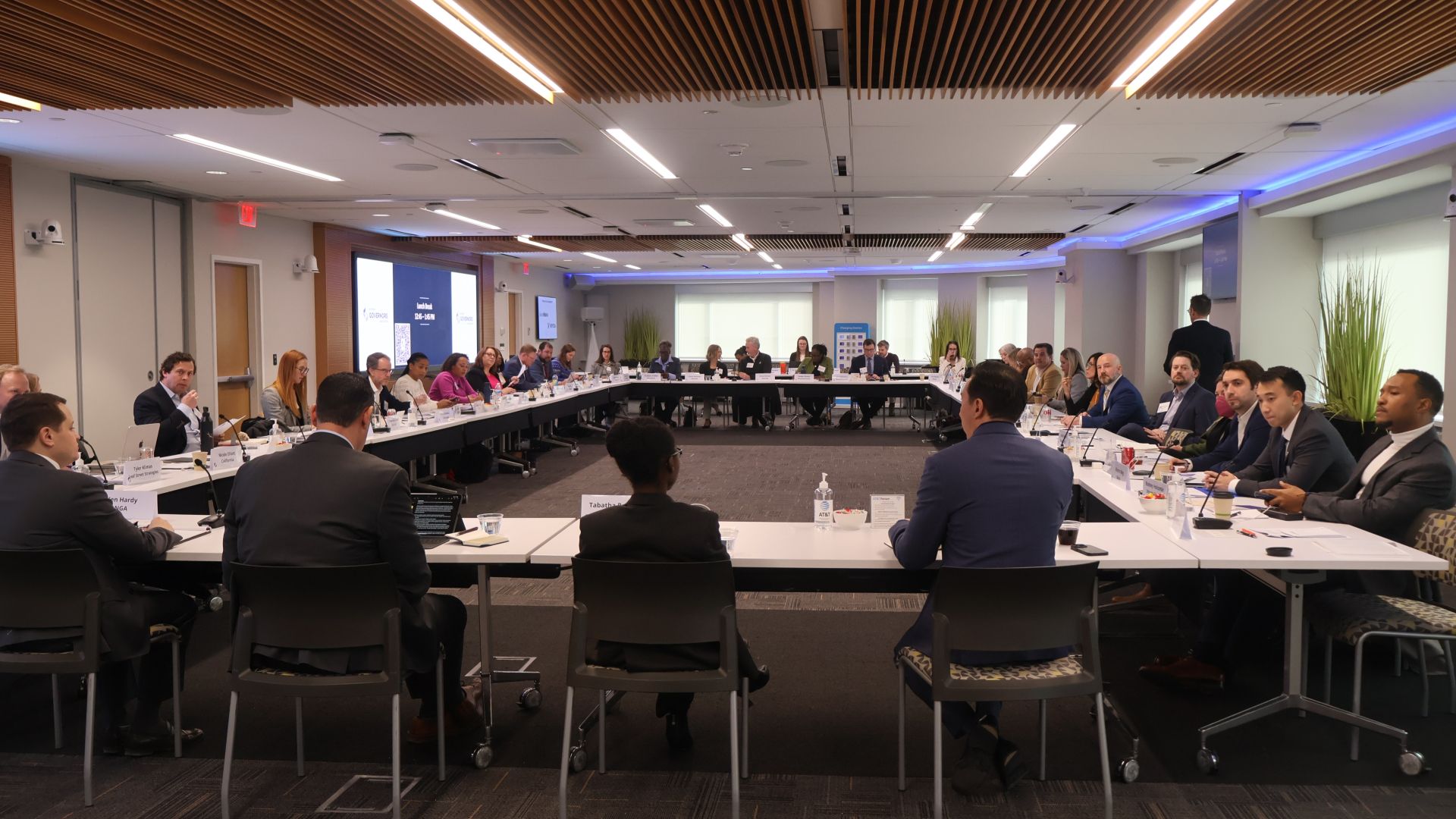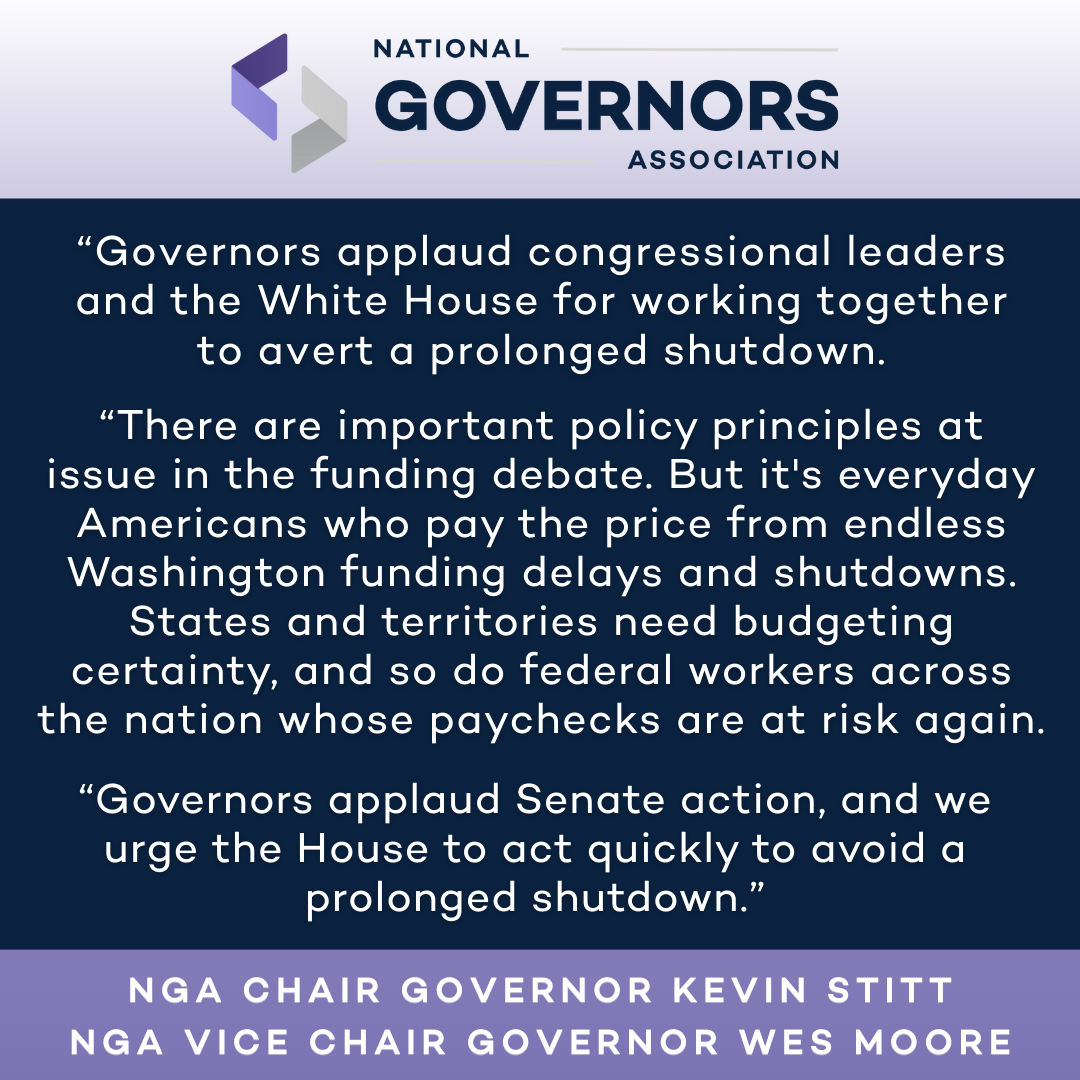Governors are uniquely situated to take a big picture look and coordinate action among state agencies, communities and stakeholders. They are actively engaged in aligning multiple health delivery system reform efforts with broader population health strategies and exploring economically sustainable models. Since 2012, the National Governors Association Center for Best Practices has supported states in their efforts to help prevent and treat substance use disorders and overdose. Center teams lead several initiatives that address substance use and related consequences and is supporting efforts to promote mental health and wellbeing.
One focal point of the NGA work with states is in establishing or scaling up cost-effective programs for individuals with complex care needs. Many of those individuals have unmet behavioral health (mental illness and/or substance misuse) and social service needs that are better served in the community and outside of acute care or institutional settings. To that end, NGA is providing states technical assistance around a number of policy priorities in behavioral health including:
- Improving outcomes and reducing cost of care for complex populations
- System-level behavioral health and primary care integration
- Capacity building in rural and underserved areas
- Supportive housing
- Behavioral health in criminal justice involved
NGA Resources
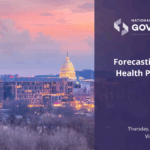
2026 State Health Policy Forecast

Governors’ Health Priorities in 2025

Leveraging the Rural Health Transformation Program to Improve Behavioral Health Outcomes

Strengthening State-Level Mental Health Policy During Uncertain Economic Times

Lessons Learned from the NGA Policy Academy to Drive Thriving Youth Mental Health and Wellbeing


